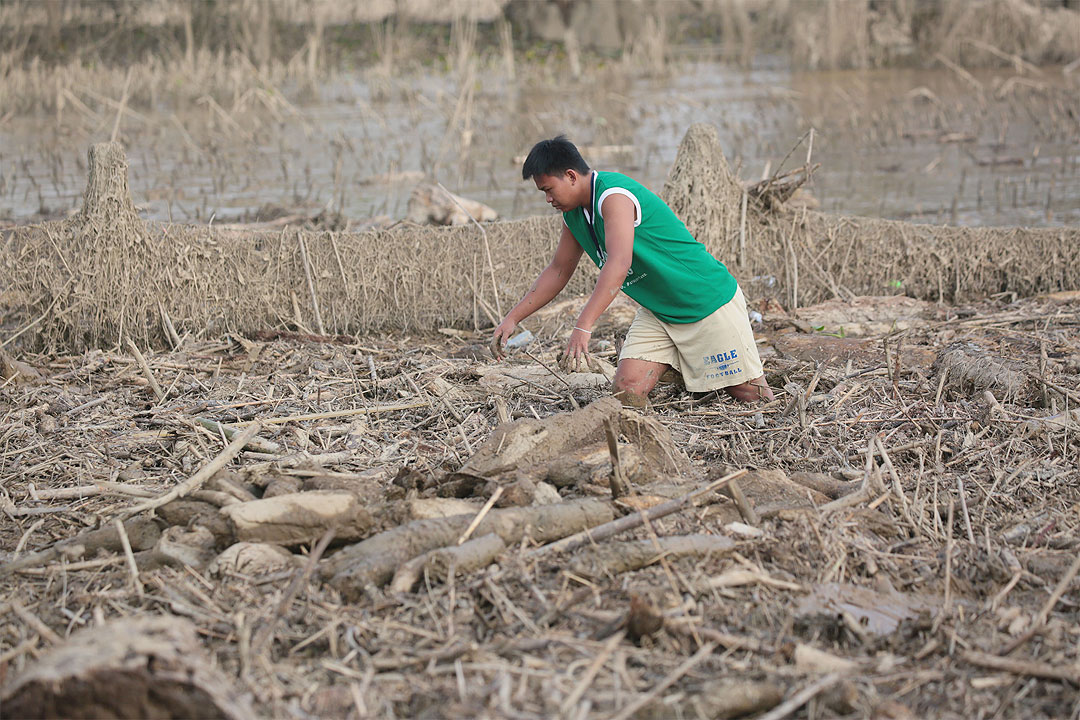Climate to push more Asians to emigrate — ADB

MORE citizens of Asia-Pacific countries are expected to emigrate, forced out by the increasing vulnerability of many countries to climate change, the Asian Development Bank (ADB) said.
“Up to 4% of the active Philippine labor force worked abroad in 2023. Some scenarios predict that these numbers could potentially increase as climate change worsens,” the ADB said in a blog.
International mobility in the Asia-Pacific has intensified in recent years given the region’s vulnerability to climate-related disasters.
“In Asia and the Pacific, international mobility is already particularly pronounced, with many workers migrating temporarily to Middle Eastern countries as construction workers or domestic helpers,” the ADB said.
Remittances from these migrants can “cushion income shocks” for their families back home, especially from risks like climate change impacts.
“In East Asia, and in the Pacific, these financial flows from overseas amounted to as much as ten times the annual overseas development assistance over the past decade, making them a critical component of risk-coping,” the ADB said.
However, increased emigration due to climate risks has pushed governments of host countries to impose stricter migration rules.
“By tightening border controls and increasing the selectivity of migrants, one important strategy for coping with disasters is being severely curtailed,” the ADB said.
The bank also noted that poverty in vulnerable regions rose by 13% amid restrictions in international migration.
At the same time, disasters also impact job opportunities back home for workers rendered incapable of emigrating, the bank said.
“When floods affect rural areas, regions reliant on agricultural production can no longer absorb workers who are unable to migrate due to the ban, creating a double burden for affected communities,” it said.
Source and host countries must enter into bilateral agreements to protect migrant rights, the ADB said.
It cited a 2013 labor agreement between the Philippines and Saudi Arabia guaranteeing protections for Filipino migrant workers.
“In addition to ensuring the safety of their citizens living abroad, governments should also create safe pathways for people forced to migrate due to climate change,” ADB said.
The bank also pushed for efforts to reduce transaction costs for post-disaster remittances, which are deemed crucial “for smoothing income shocks caused by disasters.” — Beatriz Marie D. Cruz



